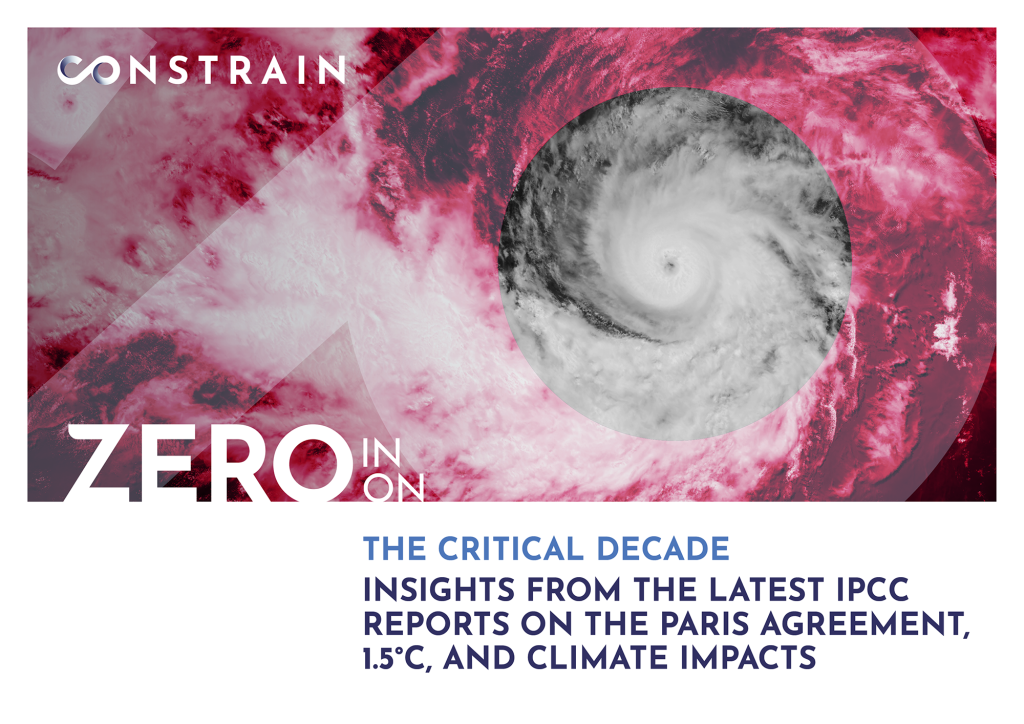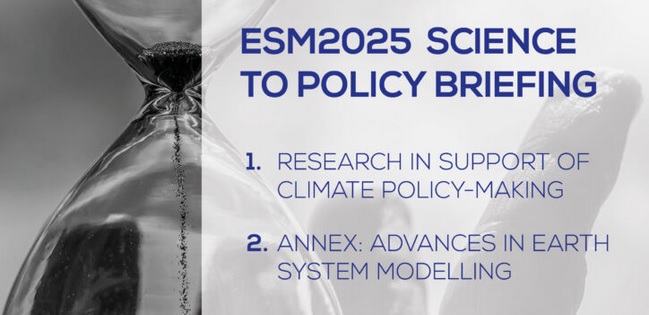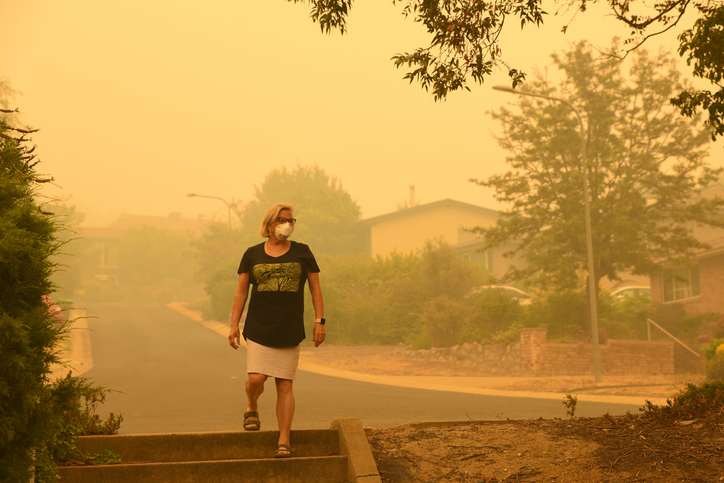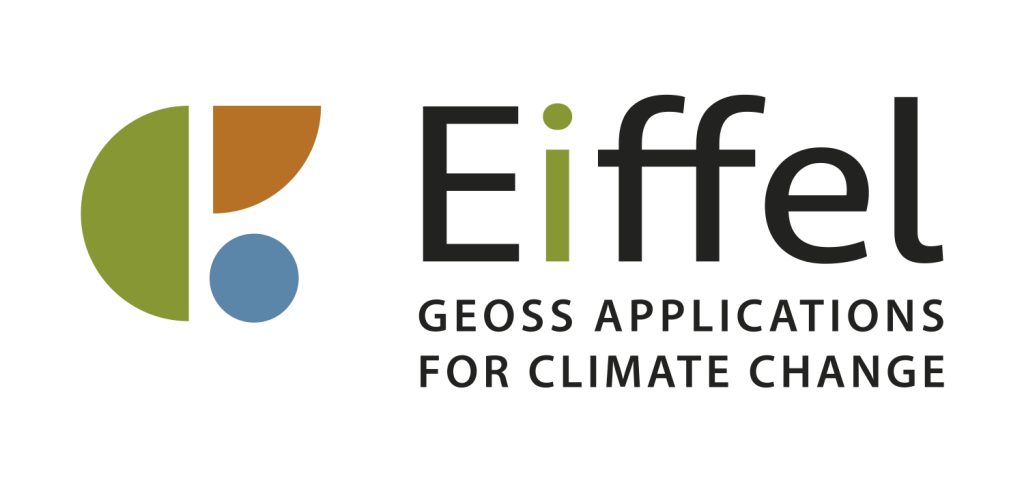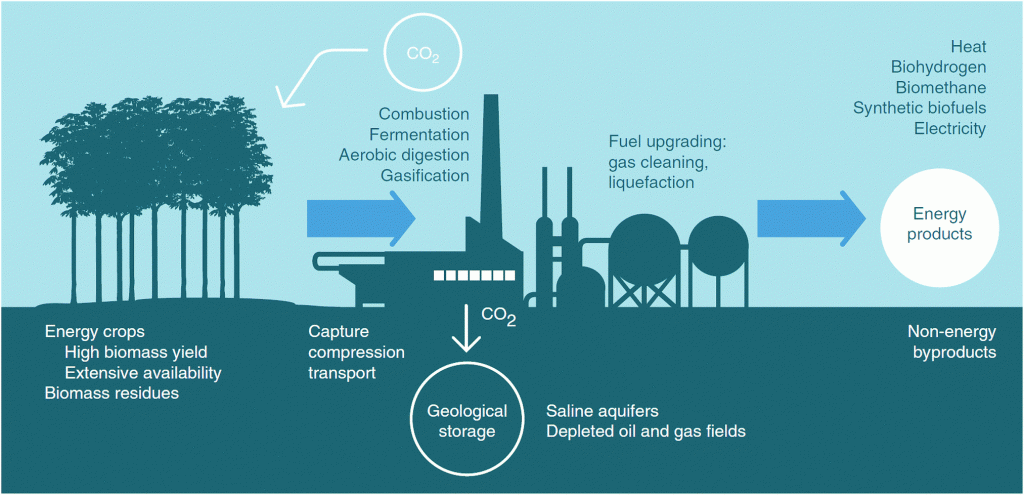The understanding of nature-based negative emission solutions often focuses on their mitigation potential, thus as means for reaching carbon neutrality by 2050. However, this is only one small part of the whole picture; these techniques represent a more sustainable model that brings many environmental benefits in the long term.
Paris Agreement
In this article, we provide an overview of current understanding of the land-to-ocean carbon fluxes. We describe the new conceptual model of the land-to-ocean aquatic continuum (proposed by Regnier et al, 2022, Nature), as well as ongoing work to include this new knowledge in Earth System Models.
The latest ZERO IN report from the CONSTRAIN project dives into the science set out in the recent Intergovernmental Panel on Climate Change assessments. It investigates what our climate future could look like by 2050, depending on whether we take action in line with the Paris Agreement, or decide to follow current national policies and plans which still largely lack the action and ambition needed to stop global warming.
This briefing explores the questions raised during the first ESM2025 policy forum and details the contribution of ESM2025 to various policy-relevant topics.
New study on the impacts of wildfire emissions on fine particle air pollution in the western US until the end of the 21st century, under different climate change scenarios.
This work highlights the fact that when committing to a particular level of future warming, we are also committing to a particular level of fine particle air pollution. This has to be taken into account when considering mitigation and adaptation strategies.
The Global Stocktake assesses the world’s collective progress towards achieving the purpose of the Paris Agreement and its long-term goals.
EIFFEL H2020 project offers the EO-based community the ground-breaking capacity of exploiting existing GEOSS and external datasets, with minimal new data collection activities. Added-value services interoperable with GEOSS will be designed, using cognitive search and metadata augmentation tools based on Artificial Intelligence (AI), including Natural Language Processing. These tools will leverage advanced cognitive features to extract meaningful information from and enrich GEOSS metadata.
From COP26 in Glasgow, the adoption of comprehensive accounting rules for the international transfer of carbon market units is the most important achievement however it is not in international climate negotiations. ‘Clean Development Mechanism’ or ‘CDM’ allows emission reduction projects to earn certified emission credits, but there are questions if the Article 6 rules are good enough to provide the necessary framework.
There are uncertainties how emission cuts will affect chances of staying with in 1.5°C warming dependent upon how the climate system responds. By looking at the science and models behind COP26 headlines and statements, we better understand our chances of staying within 1.5°C and mitigate risk. ZERO IN reported by the CONSTRAIN project highlights issues
In the Paris Climate Agreement, the five-yearly Global Stocktake (GST) plays an essential role. GST is used to monitor the implementation and progress of the Paris Agreement. Applying the concept of governance functions of international institutions, the policy brief derives the key recommendations to contribute to understanding.



